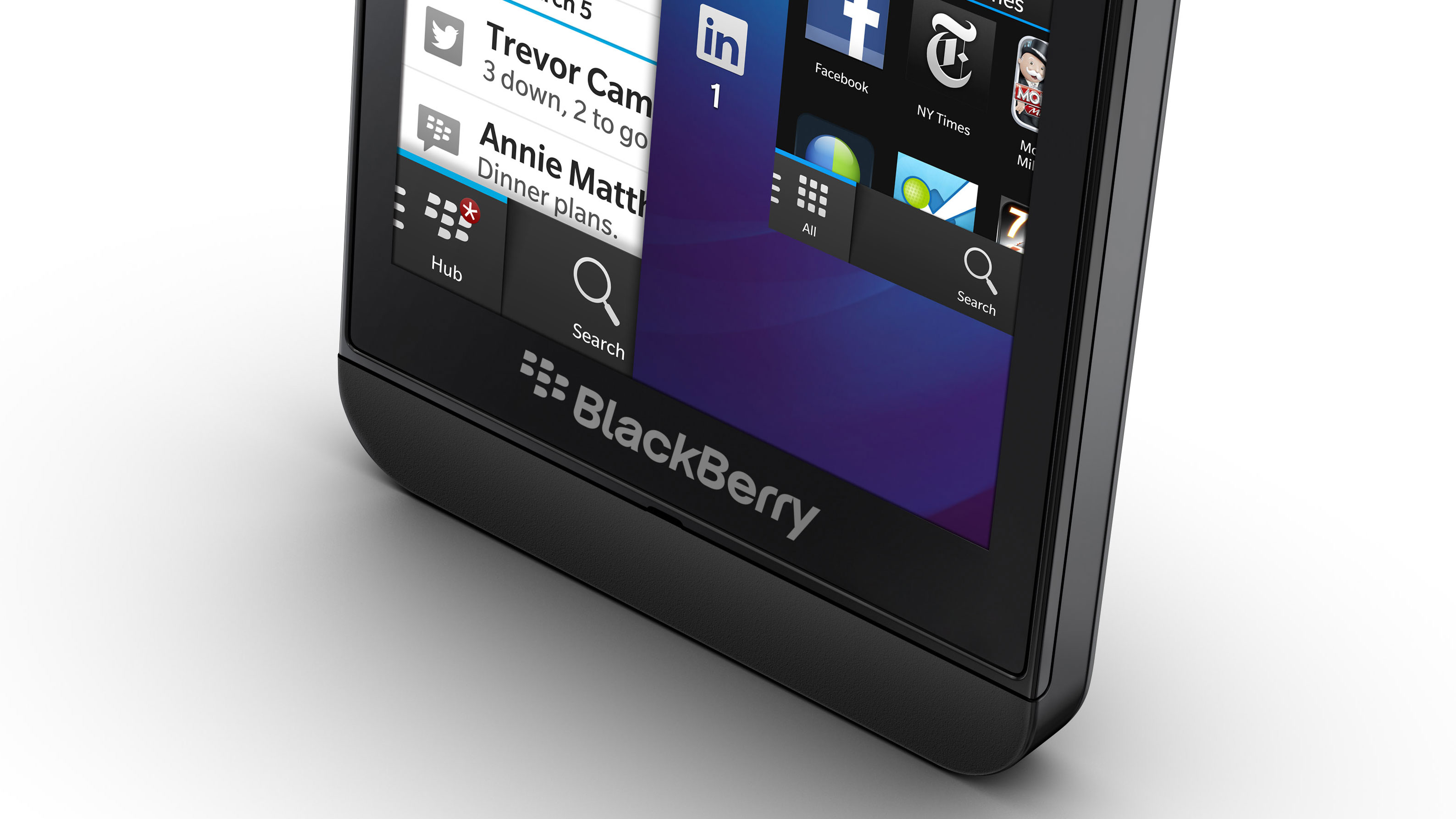BlackBerry commits to five more years of smartphones
But continues to bleed

BlackBerry has just signed up for a five-year partnership with Taiwanese iPhone maker Foxconn.
The two will work together to create new devices, according to BlackBerry, which stated that the initial focus of the partnership will be Indonesia and "other fast-growing markets" with an early 2014 target.
The news comes on the same day that BlackBerry announced a painful third-quarter loss of $4.4bn, with the company only shipping 1.9 million smartphones last quarter compared to 3.7 million the quarter before.
It's even had to cancel its annual developer conference, BlackBerry Live - an event which has been running for 12 years.
The better news is that over 40 million users have registered the BBM app for iOS and Android in the last 60 days.
New year's resolution
"Partnering with Foxconn allows BlackBerry to focus on what we do best – iconic design, world-class security, software development and enterprise mobile management," said BlackBerry's new CEO John Chen.
Chen also made it clear that it's committed to hardware "for the long-term", despite the company's declining fortunes.
Get daily insight, inspiration and deals in your inbox
Sign up for breaking news, reviews, opinion, top tech deals, and more.
While it will be focusing on emerging markets for the time being, we could well see some Foxconn-built handsets winging our way in the near future.
For now, we just hope that BlackBerry's new partnership can help it to turn its fortunes around.
Hugh Langley is the ex-News Editor of TechRadar. He had written for many magazines and websites including Business Insider, The Telegraph, IGN, Gizmodo, Entrepreneur Magazine, WIRED (UK), TrustedReviews, Business Insider Australia, Business Insider India, Business Insider Singapore, Wareable, The Ambient and more.
Hugh is now a correspondent at Business Insider covering Google and Alphabet, and has the unfortunate distinction of accidentally linking the TechRadar homepage to a rival publication.
